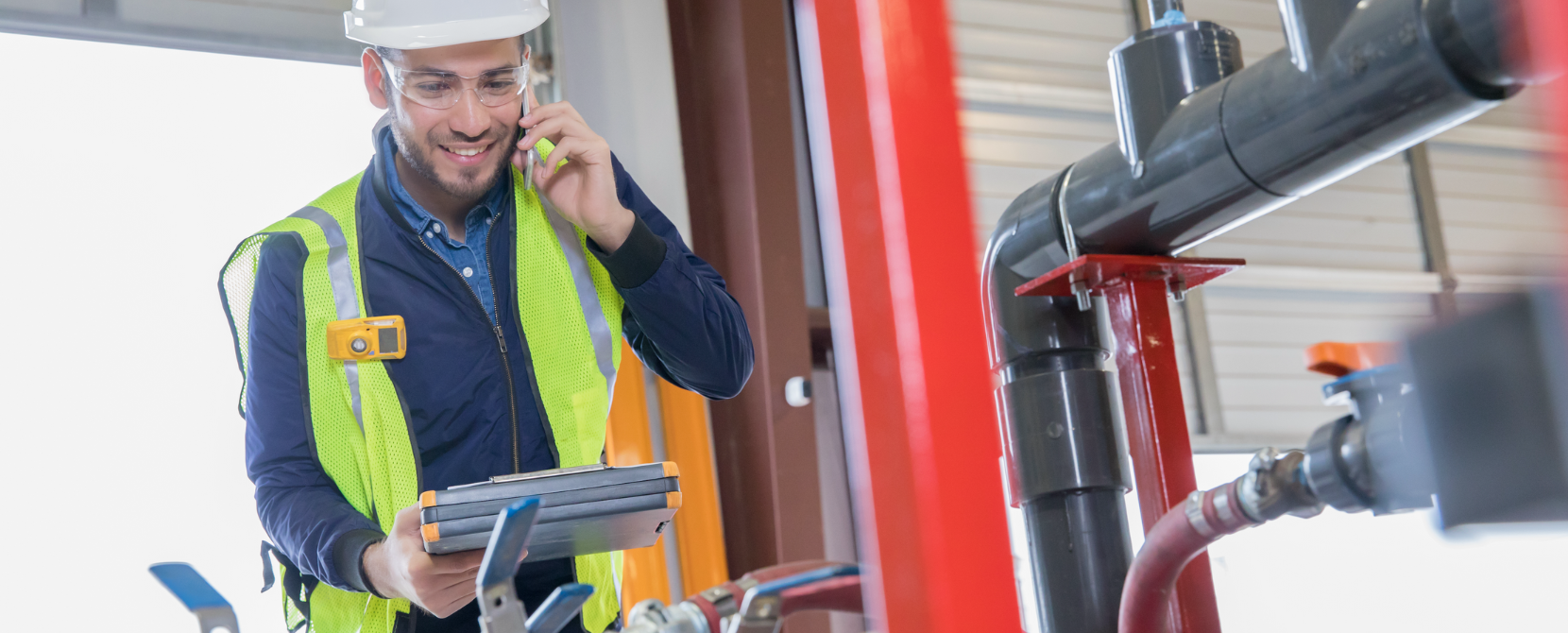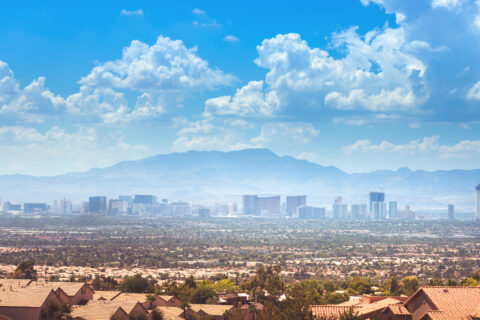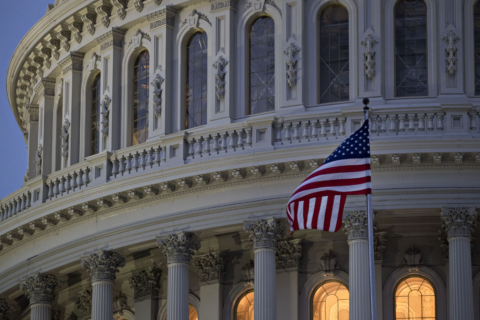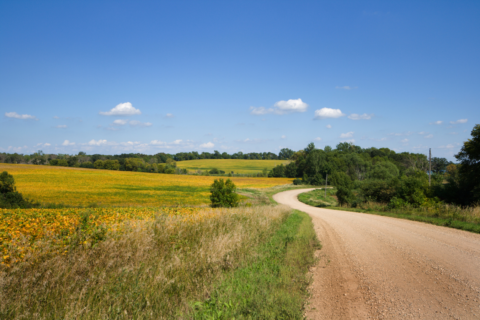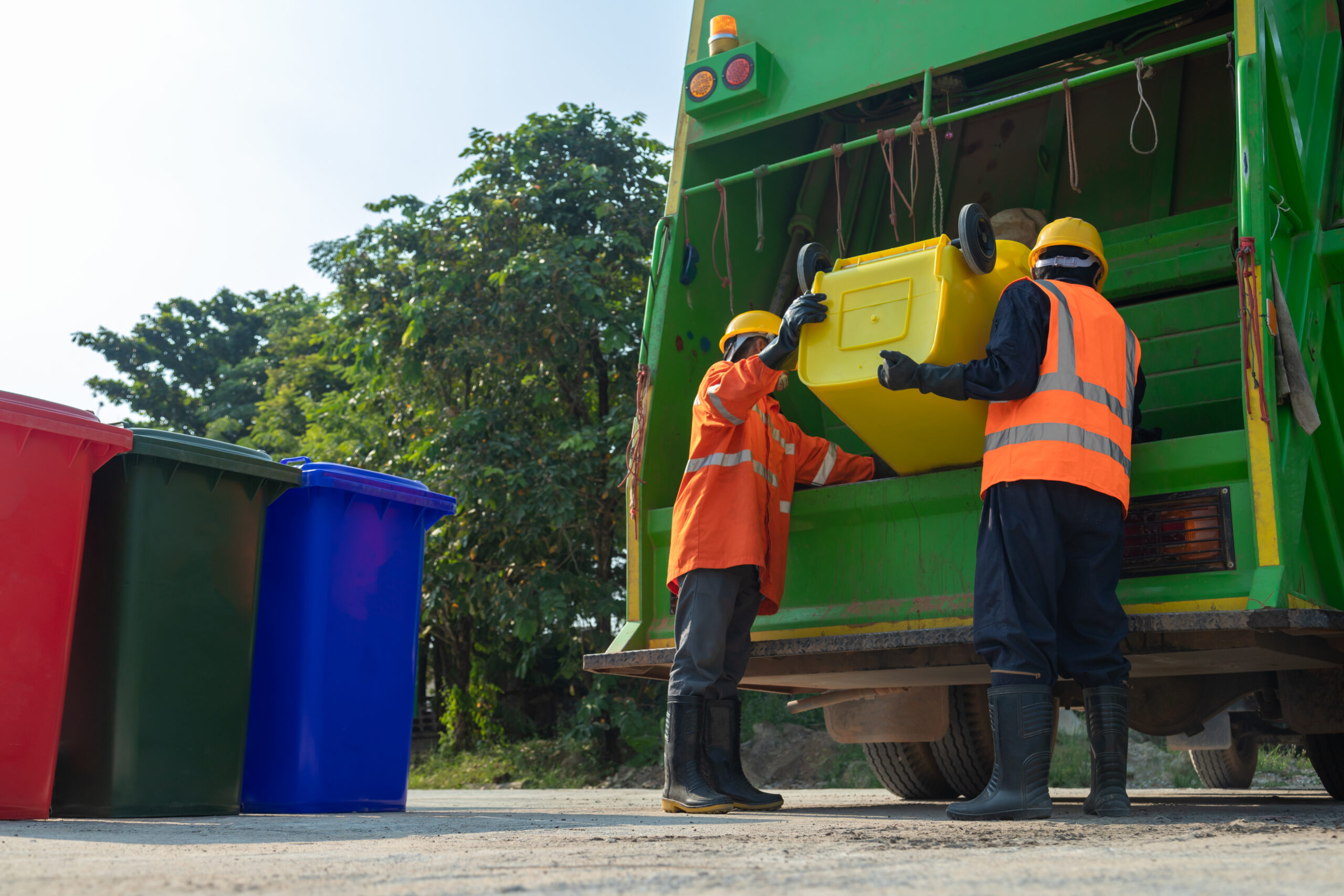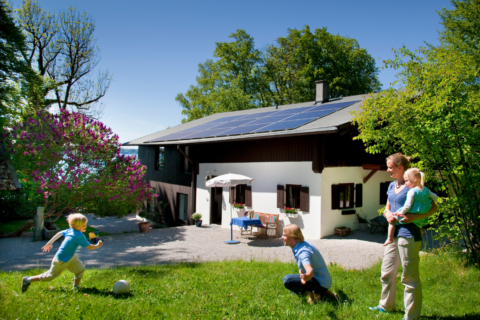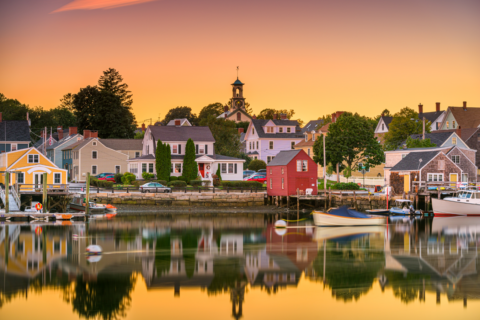The Bipartisan Infrastructure Law (BIL), officially known as the Infrastructure Investment and Jobs Act (IIJA), contains numerous grant opportunities for local governments for energy projects, providing funding nationwide for clean energy, new energy infrastructure and much-needed upgrades. The types of programs included in BIL range from hydroelectric power to state and local energy code updates to grid modernization. The opportunities for local governments from BIL will help local leaders upgrade existing infrastructure, reduce greenhouse gas emissions and build community resilience. Below are three examples of BIL-funded programs that have had positive impacts in communities.
Energy Efficiency and Conservation Block Grant
The Energy Efficiency and Conservation Block Grant (EECBG) provides funding to states and municipalities through both formula awards and competitive grants from the U.S. Department of Energy. EECBG can be used for a wide variety of projects ranging from electric vehicle (EV) charging to LED lighting, renewable energy installations and building envelope retrofits.
Formula funding recipients have until April 30, 2024 to submit plans to receive their allocation. For municipalities not eligible for the formula awards, a competitive grant opportunity awarded smaller communities and cross-jurisdictional applicants. The first set of formula recipients was recently announced, along with the full set of competitive grants.
Cities, towns and villages of all sizes, demographics and geographies have benefitted from EECBG. Bend, OR, serving approximately 100,000 residents, was awarded approximately $150,000 to carry out sustainable planning activities. They will update their Community Climate Action Plan with stakeholder and community feedback, conduct site planning for EV chargers and provide home energy audits to low-income residents.
Cascade, ID, a Justice40 Community1 of approximately 900 residents,is one of the 12 competitive awardees announced thus far. They are using their $200,000 grant to design a city-wide geothermal cooling and heating system. Geothermal energy is abundant in the Pacific Northwest, which will be used to provide the residents of Cascade clean, cheap and reliable power.
Learn more about what types of projects are eligible for EECBG funding and visit DOE’s application hub and technical assistance center for information on accessing and utilizing your community’s formula funding.
Clean School Bus Program
The Clean School Bus Program offers grants and rebates to schools to buy new EV buses. City leaders can advocate and work with school officials to apply for funding. With municipal leadership making this a priority, school administrators can go after this funding.
The cities, towns and villages that have received awards represent communities of all sizes and regions: from Alpena School District of Alpena, AR with a population of approximately 400 residents, to New York City, NY of over 8 million. About 87% of all awards went to schools in cities with a population of less than 50,000. See a full list of the awardees here.
NLC sat down with one of the rebate award winners, Blytheville, AR, a Justice40 Community, to learn more. Blytheville has a population of approximately 13,000 and a K-12 school district of 1,400 students. They were awarded $1,185,000 in rebate money to purchase three new electric school buses. Director of Operations for the District, Cliff Miller, said that going after the money was a no brainer. Many of the buses in operation at the school were from the early 1990s and in much need of upgrading. Clean School Bus Rebates will allow Blytheville School District to allocate more money to instructional and student spending.
“I am excited that this investment from the EPA has reached our city! The grant will allow us to make our vision for an improved quality of life protecting the health and welfare of our children a priority.”
Mayor Melisa Logan, Blytheville, AR
Applying for and implementing the rebate were not without their challenges. Miller was lucky enough to have a supportive administrative team to be able to spend the time filling out the required paperwork and to find the right vendors. Calling around to find a vendor in the area to install the EV chargers for the buses in the school’s Transportation Service Center took some time, but Miller is hopeful that with this award and the rise of EVs, it will soon be easier for all communities, especially smaller towns further from urban centers. Up to $60,000 of the rebate will be used to install the chargers for the EV buses.
His advice for other small towns and districts looking to take advantage of similar grant opportunities:
“Don’t be scared to jump out there and try something different. You can find the information out there if you have the passion to make bettering your district and community a priority.”
The 2023 Clean School Bus Rebate Program is open for applications until January 24, 2024.
Natural Gas Distribution Infrastructure Safety and Modernization Grants
Before the full transition to clean energy, communities need financial assistance in upgrading natural gas pipelines, ensuring their residents have a safe and consistent supply. They provide municipalities with the ability to install much needed upgrades and replacements. Some communities were awarded funding to replace pipelines that are over 100 years old. Replacing natural gas pipelines will make energy delivery more efficient, allowing less natural gas to be used. Lawrenceville, GA, aJustice 40 Community of approximately 30,000 residents, and Lanett, AL, a Justice40 Community of approximately 6,000 residents are two such receiving almost $8 and $4 million respectively. Lawrenceville and Lanett have also opted to install leak detection technology, which helps protect from accidents, public exposure and prevents wasting energy.
To see a full list of local government award winners under BIL, visit NLC’s Rebuilding America Dashboard.
Resources
- Federal Funding Sources for Municipal Sustainability and Climate Action
- EPA Funding Announcements from the Bipartisan Infrastructure Law and the Inflation Reduction Act
- Charging and Fueling Infrastructure Resources
- Investing in America Technical Assistance Guide
1 A Justice40 Community is defined by the Administration as a disadvantaged community that is marginalized, underserved, and overburdened by pollution. Justice40 indicators in this blog series are categorized by the municipalities census tracts being all Justice40 qualifying or the project being in or adjacent to a designated Justice40 census track.
